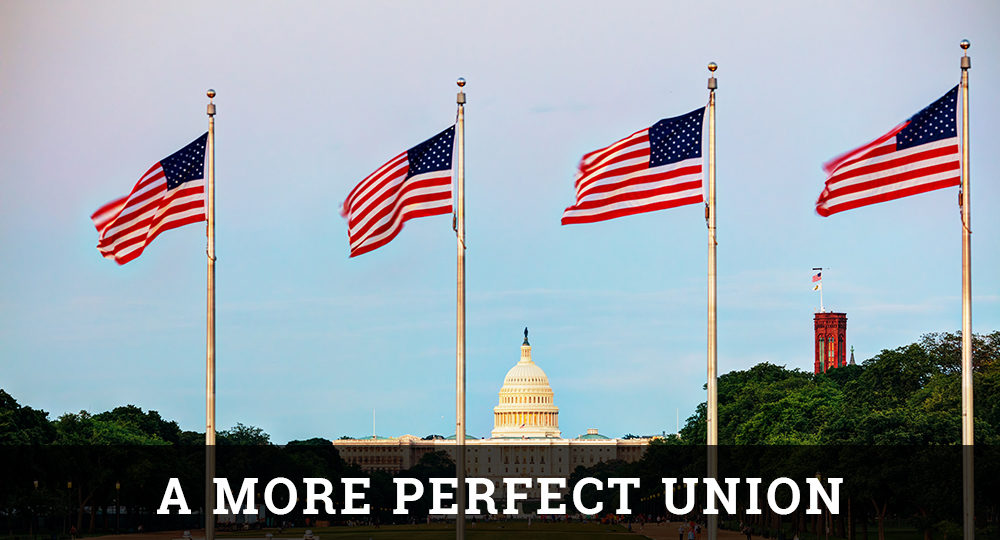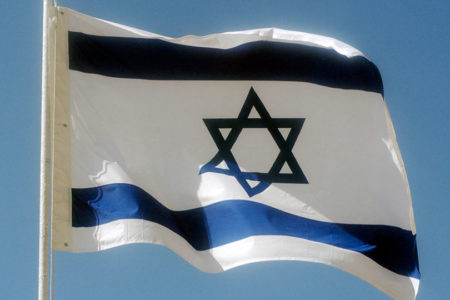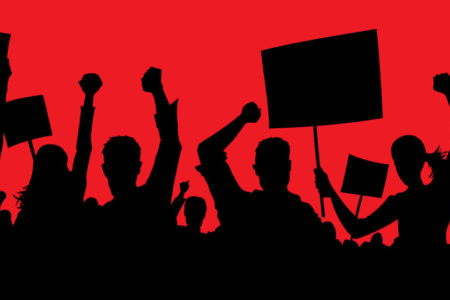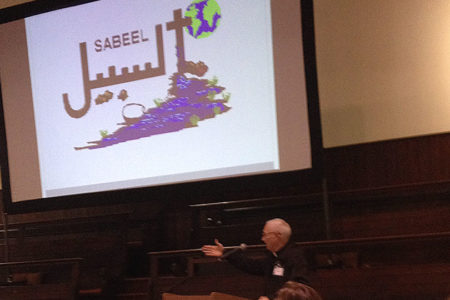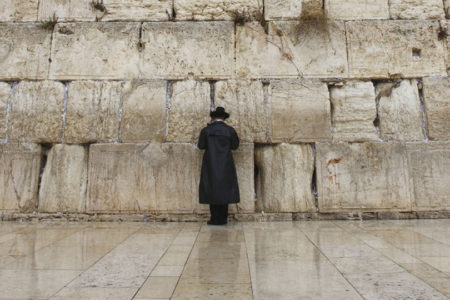Highway to Nowhere
When the hot days of summer began to descend, two significant legal issues were heating up in Washington. One was the well-known case involving Christian-run Hobby Lobby Stores, Inc., on which the U.S. Supreme Court ruled on June 30 in favor of Hobby Lobby.
The other issue was probably missed by most Americans, as it concerned a complex matter before the Federal Communications Commission (FCC). Yet the FCC issue may well have the greater impact on the fundamental liberties of most Americans for decades to come.
The FCC proceeding was titled “In the Matter of Protecting and Promoting the Open Internet.” It represents the FCC’s third attempt in six years to lay out a plan to regulate the big telecommunication companies like AT&T, Comcast, and Verizon that provide Americans with Internet access. The first two plans were struck down by the Court of Appeals.
So the FCC has proposed a third set of rules. And if history is any indication, it is likely to adopt the rules it proposed.
That is where you and I come in because the average citizens who use the Internet are the most neglected in the deliberations in Washington, DC, regarding their right to free speech.
Only a scant number of references appear in the proposal concerning the rights of citizens to voice their opinions over the Internet, and the phrase free speech appears only once: in a single footnote that quotes a legal scholar who was making an unrelated point.
Why is free speech so critical here? Because it seems clear that a handful of megapowerful Internet tech companies (Facebook, Google, and Apple are leading the way) have persistently censored viewpoints they don’t like; and the problem seems to be growing.
Facebook suspended the postings of former Arkansas governor and current Fox News personality Mike Huckabee when he supported traditional marriage. It also suspended those of Fox News commentator Todd Starnes when he voiced his conservative opinions.
Similar censorship has been used against former U.S. military personnel involved in special operations when they criticized President Barack Obama and against an Israeli journalist who took the Palestinian Authority to task for corruption.
The river of these actions against free speech first started flowing when the late Christian leader Chuck Colson’s “Manhattan Declaration”—a statement of Christian orthodoxy regarding family, faith, and freedom—was stripped off Apple’s iTunes App Store in 2010 in response to a petition by gay rights activists. The flood tide has not abated since.
How these examples fit into the FCC’s current set of proposals can be demonstrated by a simple analogy:
Let’s pretend the Internet is an interstate highway. To get on, you must pass through a toll gate where you pay a broadband provider (a telecom company) like AT&T or Comcast or Verizon a fee to get on.
Once you are on the “highway,” you notice exits that can take you to various places: “Googletown” (if you want to use the famous information search engine), “Facebookville” (if you want to post on your Facebook page), or “Apple City” (if you want to use Apple’s iTunes store).
But when you take the exit ramp, you notice signs outside each of these “towns” that say things like “Conservatives stay out,” “No preaching by Bible-believing Christians allowed,” or “This is not a pro-Israel town.”
The “towns” in my example are called “edge providers” by the FCC. So far, the federal agency only seems interested in regulating the toll-gate operators (the broadband providers). Consequently, the edge providers like Facebook, Google, and Apple can continue to censor what they deem to be politically incorrect speech on all their web-based devices and platforms.
I am no fan of federal regulation. Too often, when Washington steps in, it makes matters worse. But all of us need to wake up to the fact that some-day soon, unless something changes, we may get on the “Internet expressway” and find out that because of our Christian beliefs, the titans of the web have forced us to drive in circles.
